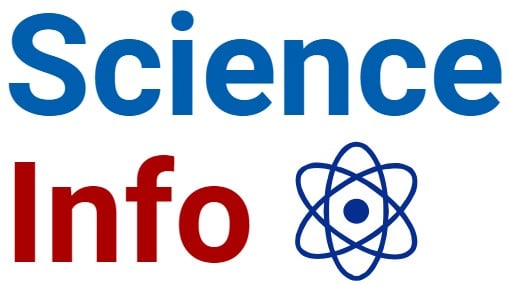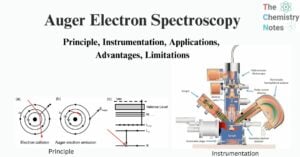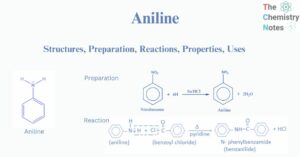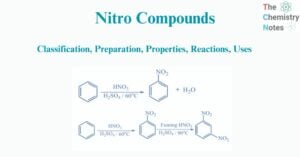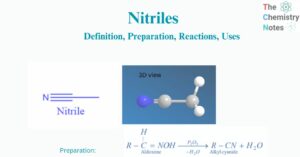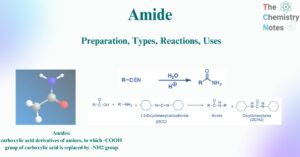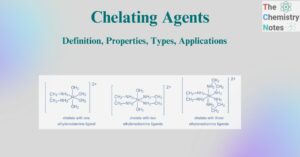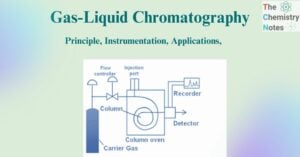Auger Electron Spectroscopy: Principle, Instrumentation, Applications, Advantages, Limitations
Auger electron spectroscopy (AES) is a type of electron spectroscopy that detects electrons produced by Auger relaxation processes. It is a non-destructive core-level electron spectroscopy used to determine the elemental composition of surfaces, thin films, and interfaces in a semi-quantitative … Read more
